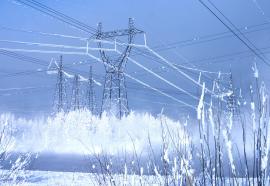First Solar Completes Sale of 250MW Silver State South to NextEra Energy Resources
Submitted by aburr on Mon, 2014-06-02 13:11First Solar completed the sale of the 250-MW Silver State South Solar Project to a subsidiary of NextEra Energy Resources. Terms of the transaction were not disclosed. The project is adjacent to the 50MWAC Silver State North Project, which was developed and built by First Solar and commissioned in 2012. First Solar developed and designed the Silver State South project, and will provide EPC services to NextEra. All the power from Silver State South will be sold to Southern California Edison under a long-term PPA.






